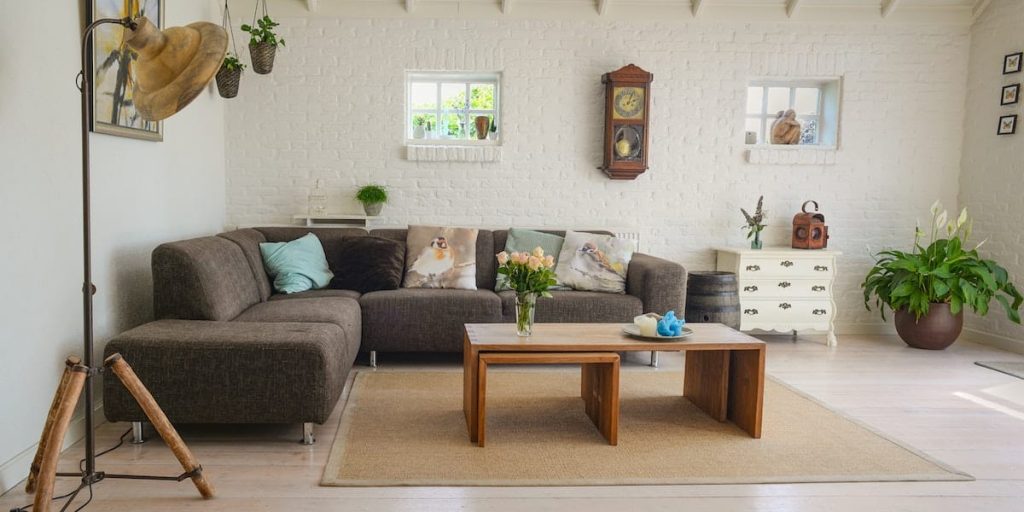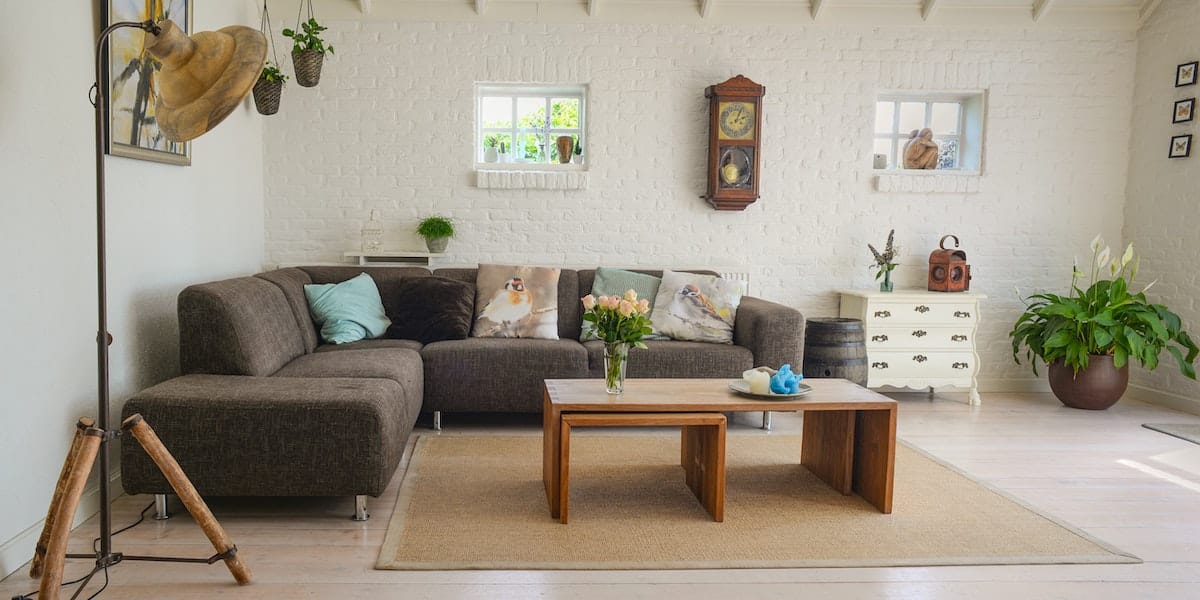Green Living: Sustainable Home Decor Ideas for Eco-Friendly Spaces

In an era of increasing environmental awareness, the way we decorate and furnish our homes is undergoing a significant transformation. Sustainability is no longer just a trend; it’s a way of life. Embracing eco-friendly and sustainable home decor is not only a responsible choice for the planet but also an opportunity to create a beautiful, natural, and healthy living space. In this article, we’ll explore sustainable home decor ideas for creating eco-friendly and stylish interiors.
1. Reclaimed and Upcycled Furniture
Instead of purchasing brand-new furniture, consider pieces that have been reclaimed or upcycled. Reclaimed wood, for example, can be used to create stunning coffee tables, dining tables, and shelves. These items not only reduce the demand for new materials but also infuse character and history into your decor.
2. Sustainable Materials
Opt for furniture and decor items made from sustainable materials. Bamboo, for instance, is a rapidly renewable resource and can be used for furniture, flooring, and accessories. Cork, another eco-friendly material, is perfect for flooring and wall coverings.
3. Second-Hand and Vintage Finds

Scour thrift stores, antique shops, and online marketplaces for second-hand and vintage decor items. Not only will you discover unique and charming pieces, but you’ll also divert items from ending up in landfills. These items often tell a story and add character to your home.
4. Eco-Friendly Paints and Finishes
When repainting or refinishing your furniture, opt for eco-friendly paints and finishes. Look for low-VOC (volatile organic compounds) or zero-VOC paints, which are much less harmful to the environment and your health. These paints release fewer pollutants into the air.
5. Energy-Efficient Lighting
Replace incandescent bulbs with energy-efficient options like LED or CFL bulbs. These alternatives use less energy and last much longer, reducing the frequency of bulb replacements. You can also consider installing smart lighting systems that can be controlled and automated to minimize energy consumption.
6. Sustainable Textiles
Choose sustainable textiles for your home decor, such as organic cotton, hemp, or bamboo fabrics. These materials are grown with fewer chemicals and are less harmful to the environment. When selecting textiles, look for certifications like GOTS (Global Organic Textile Standard) to ensure the products meet sustainability and environmental standards.
7. Houseplants
Houseplants not only bring a touch of nature into your home but also improve indoor air quality. They act as natural air purifiers and contribute to a healthier living environment. Consider low-maintenance plants like snake plants, pothos, or succulents if you’re new to plant care.
8. Recycled and Sustainable Accessories
Incorporate recycled and sustainable accessories into your decor. From recycled glass vases to sustainably sourced cork coasters, these small touches can make a big difference in reducing your environmental footprint.
9. Minimalist Design
Embrace a minimalist approach to home decor. By reducing the number of items in your home, you not only create a more serene and clutter-free space but also consume fewer resources. Select decor items that bring joy and meaning to your space.
10. Repurposing and DIY Projects
Get creative with repurposing and do-it-yourself (DIY) projects. Old wooden crates can be turned into shelves, mason jars can be used as light fixtures, and discarded furniture can be given new life with a fresh coat of paint and some imagination.
Conclusion
Sustainable home decor is an essential aspect of green living. It not only reduces your impact on the environment but also allows you to create beautiful, eco-friendly, and natural living spaces. By choosing sustainable materials, upcycled furniture, and energy-efficient options, you can reduce waste and live in a home that promotes well-being for you and the planet. Green living is not just a trend; it’s a way of life that can bring a sense of fulfillment and pride in making responsible choices for the planet we call home.
 Transforming Spaces: The Art of Home Decor
Transforming Spaces: The Art of Home Decor  Bringing Your Personality Home: A Guide to Personalized Decor
Bringing Your Personality Home: A Guide to Personalized Decor  Crafting for All: Unlocking the World of Creative DIY
Crafting for All: Unlocking the World of Creative DIY  Home Decor Trends 2023: What’s In and What’s Out
Home Decor Trends 2023: What’s In and What’s Out  Creative Crafts: Where Artistry Meets Handmade
Creative Crafts: Where Artistry Meets Handmade  The Power of Color: How to Choose the Right Palette for Your Home Decor
The Power of Color: How to Choose the Right Palette for Your Home Decor  Maximizing Space: Small Bedroom Furniture Solutions
Maximizing Space: Small Bedroom Furniture Solutions  Sweet Dreams: How Bedding Affects the Quality of Your Sleep
Sweet Dreams: How Bedding Affects the Quality of Your Sleep  Mastering the Art of Decor: Tips for a Well-Designed Space
Mastering the Art of Decor: Tips for a Well-Designed Space  The Beauty of Bedding: Creating a Dreamy Bedroom Retreat
The Beauty of Bedding: Creating a Dreamy Bedroom Retreat